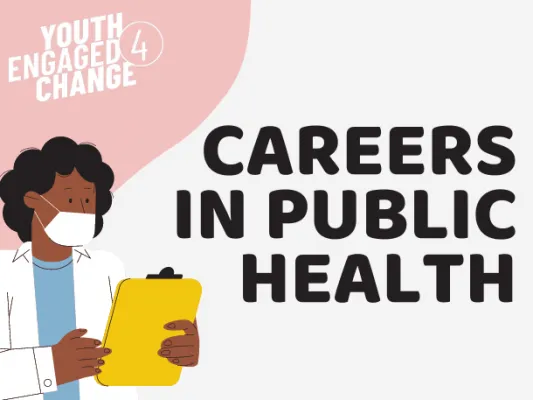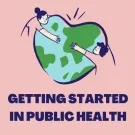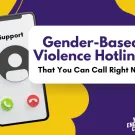Our society needs people to study and solve health problems to protect the public. Careers in public health give us great ways to help intervene during public health crises, such as the COVID-19 pandemic.
People who work in public health make an impact on the communities they serve. There are many career paths to choose from within the field.
This post highlights two careers with similar growth rates and salaries: community health workers (CHWs) and health education specialists (HESs). Like other public health careers, they are some of the fastest growing careers. Both fields are in high demand. They are expected to grow 17% between 2020 and 2030.1
This post provides an understanding of the two career fields and their training and education requirements.
Let’s begin by learning more about these careers.
What do Community Health Workers (CHWs) do?
CHWs help people develop healthy behaviors.2 They also coordinate with agencies on behalf of people to ensure care is delivered. For example, a CHW may conduct home visits to deliver support to people or to enroll people in programs that provide healthcare.
These workers serve as a trusted link between the community and health/social services. They improve the quality and cultural competence of services being provided to the community.3
CHWs also conduct outreach, provide education, and give support to improve the community’s health knowledge.
What do Health Education Specialists (HES) do?
Health education specialists focus on improving community well-being.4 They design and manage programs to educate people about specific health behaviors that can improve their well-being.5
They collect and analyze data to understand the health-related needs of individuals and families in a community. They also connect health systems, health providers, insurance providers, and patients to address healthcare needs.
How Much Money Do They Make?
As of 2021, CHWs earned an average wage of around $47,000, while HESs earned around $60,000.6 Wages and jobs trends for these roles vary across the country. Use these links to learn more:
What Education and Training Is Required?
Community health workers need a high school diploma along with on-the-job training. Some jobs require a 1-year certificate or 2-year associate degree.
Training covers topics like communication, outreach, and information about health care.
Health education specialists need a bachelor’s degree in health education, health promotion, or another related field. In some cases, they must get a master’s or doctoral degree or get certified – for example as a Certified Health Education Specialist (CHES) or as a Certified Diabetes Care and Education Specialist (CDCES).
Learn more about the skills required for these careers.
How Can I Get Started?
Take classes. The first thing you can do is build your knowledge and skills. Take recommended classes and consider doing more than the minimum if you can. Consider pursuing minors or certificates that complement your major.
Join clubs. Clubs and student organizations involved in health or social sciences can be beneficial to accessing resources in finding an on- or off-campus job and building your network.
Volunteer: Look for volunteering opportunities that help you gain valuable experience. Some organizations have opportunities for people interested in public health. Some opportunities may be shared on the YE4C opportunities page. You can also search for public health opportunities on the volunteer.gov website.
Attend career fairs. One of the most common ways to start a career in either field is to go to a career fair. It gives you the chance to meet with specialists in each field. Apply for job shadowing or internship opportunities that come along. These experiences build your skills as you learn about these career paths.
You may also be interested in the day-in-the-life videos below.
Day in the life of a Community Health Worker:
Day in the life of a Health Education Specialist:
U.S. Bureau of Labor Statistics. (n.d.). Health education specialists and community health workers. https://www.bls.gov/ooh/community-and-social-service/health-educators.htm
Ibid
American Public Health Association. (n.d.). Community health workers. https://www.apha.org/apha-communities/member-sections/community-health-workers
National Commission for Health Education Credentialing. (n.d.). Health education specialist (2020). https://www.nchec.org/health-education-responsibilities
National Commission for Health Education Credentialing. (n.d.). Health education profession. https://www.nchec.org/profession
U.S. Bureau of Labor Statistics. (n.d.). Health education specialists and community health workers. https://www.bls.gov/ooh/community-and-social-service/health-educators.htm




